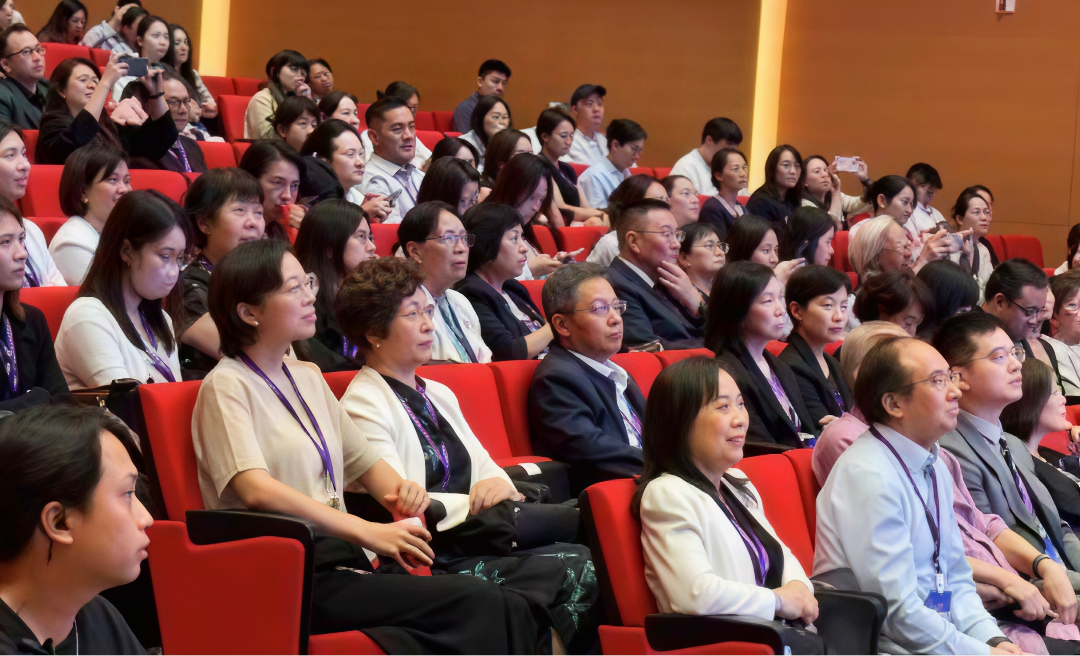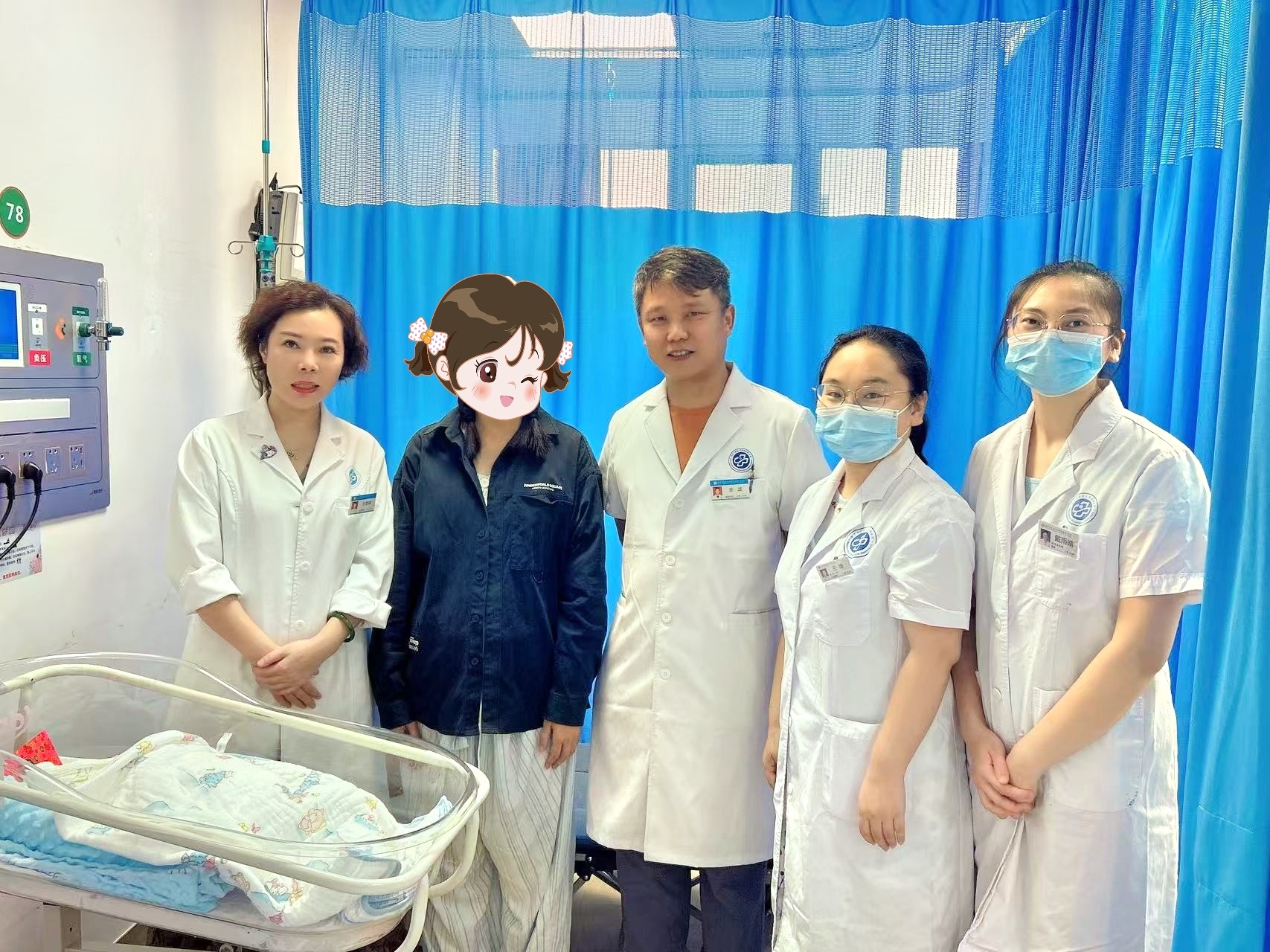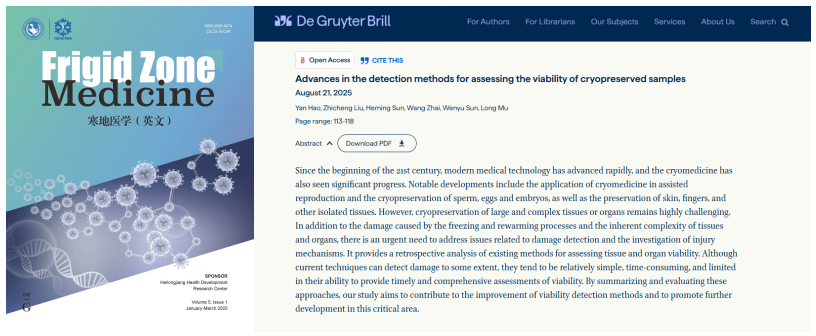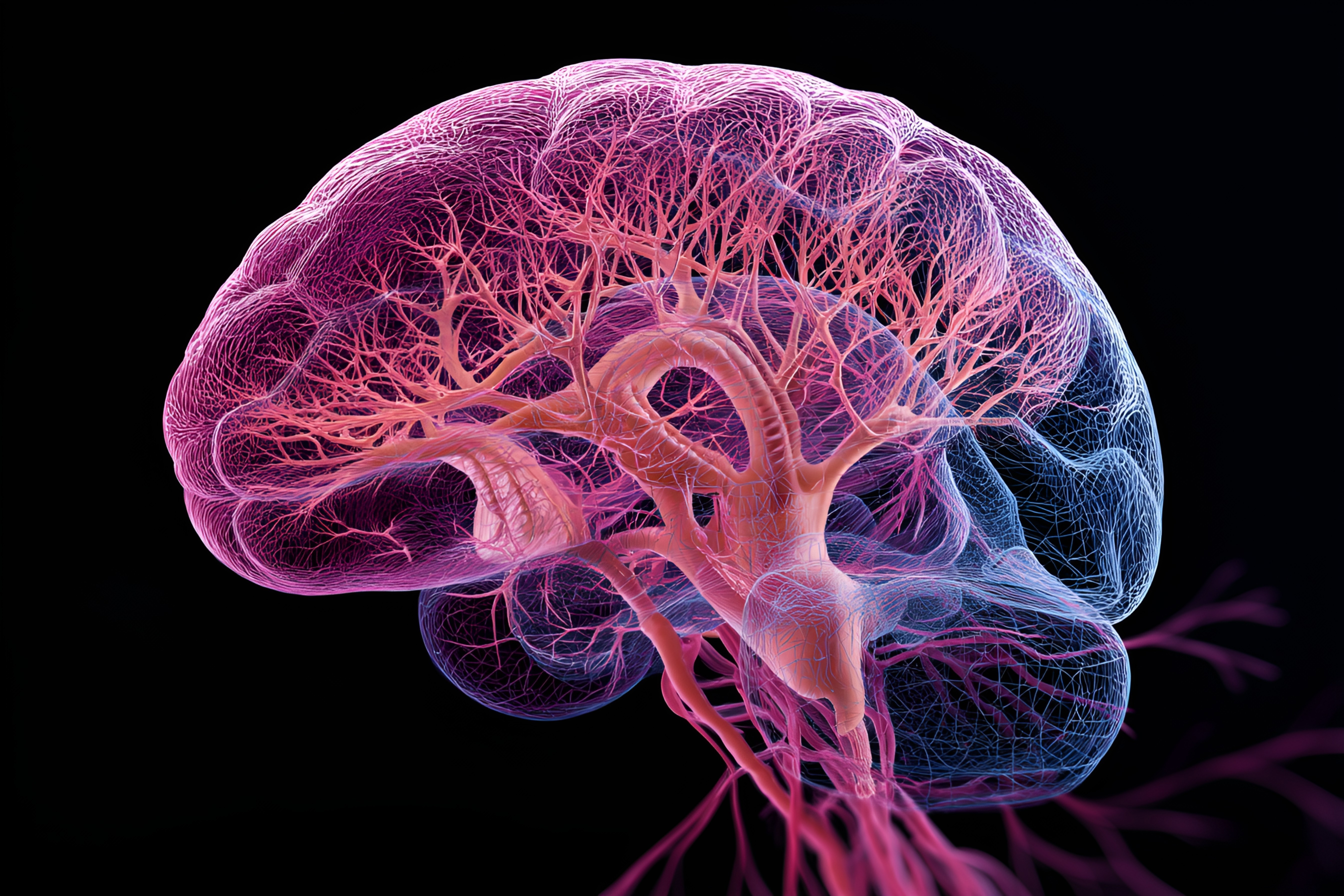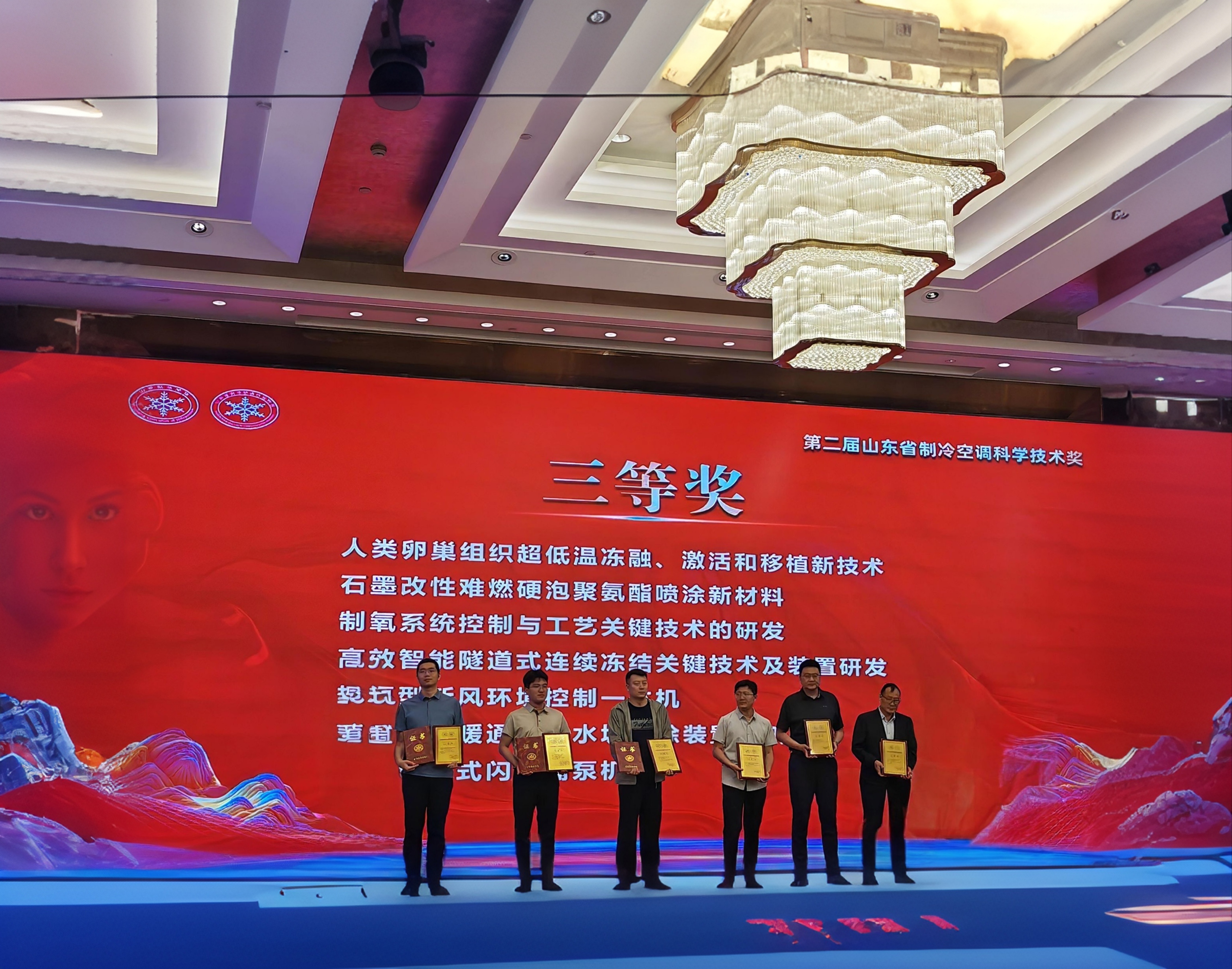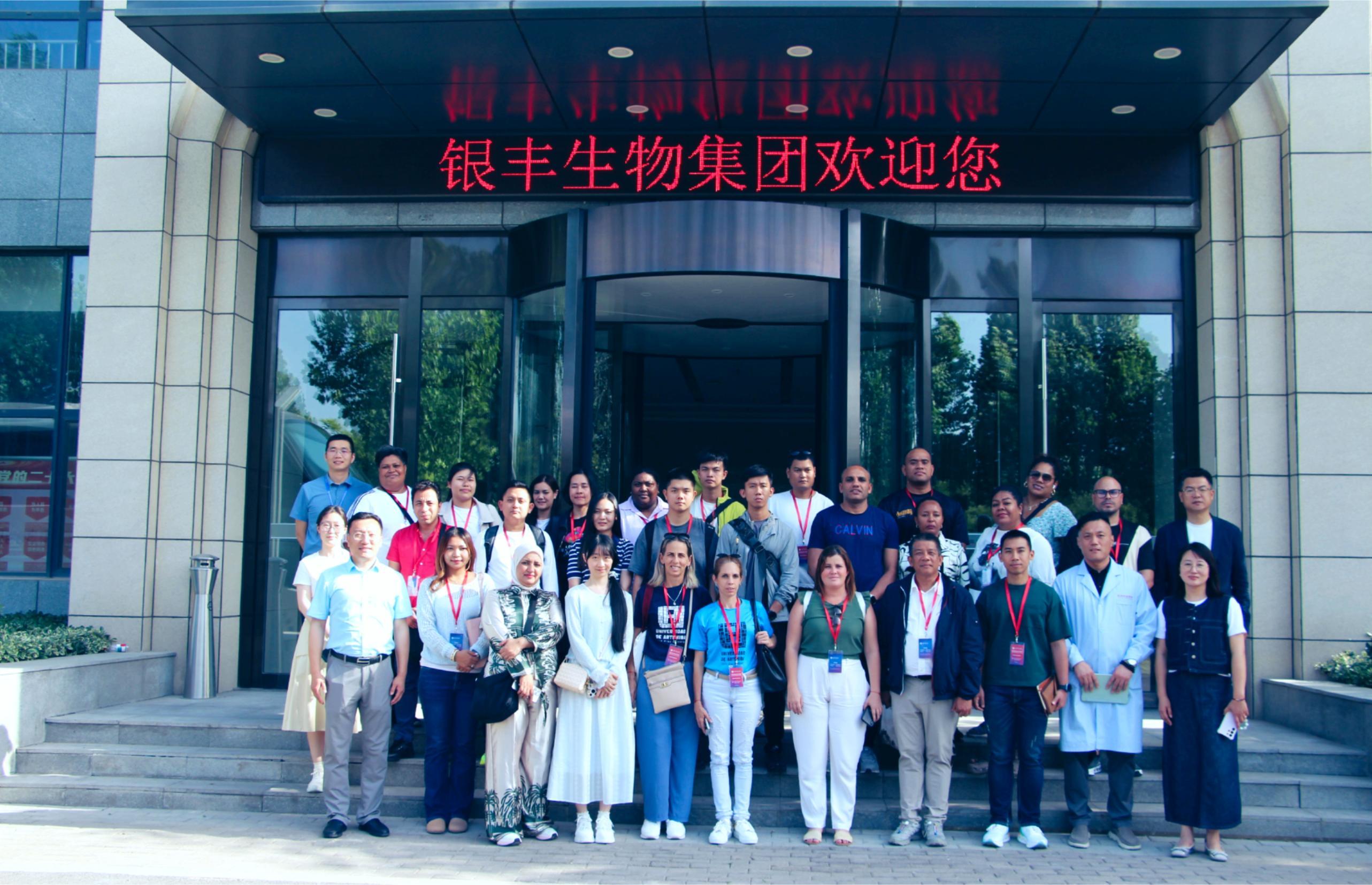Milestone! Scientists Cultivate “Whole - Brain - Level” Organoids, Breaking the Bottleneck in Neurological Disease Research
Release time:
2025-08-15
Researchers from Johns Hopkins University in the United States recently announced the successful cultivation of the world's first “whole - brain” organoid that contains neural tissues from multiple brain regions and preliminary vascular structures. The relevant findings were published in the journal Advanced Science. This groundbreaking research offers a brand - new experimental model for exploring the mechanisms of complex neuropsychiatric diseases like autism and schizophrenia and for drug development.
Traditional brain organoid research has long been restricted by the limitation of simulating only a single brain region. As the project leader introduced, the newly developed “Multi - regional Brain Organoids” (MRBO) has achieved, for the first time, the integrated cultivation of multiple functional areas of the brain. The research team precisely assembled the nerve cells and vascular precursor structures from separately cultivated regions such as the cortex and midbrain using special biocolloidal proteins, successfully constructing a brain - like tissue with functional connections in an in - vitro environment. Experiments showed that this microscopic structure, less than a millimeter in diameter, can generate coordinated electrical activity and exhibits neural network response characteristics similar to those of a 40 - day - old human embryo.
Notably, the MRBO contains approximately 80% of common human neural cell types, with a neuron density of 6 - 7 million units. Although this is only a tiny fraction of the hundreds of billions of neurons in an adult brain, its cell diversity highly mimics the characteristics of early fetal brain development. More crucially, the research team observed early signs of the formation of the blood - brain barrier in the organoid. This key structure, which maintains the homeostasis of the central nervous system, has always been a major hurdle in drug development.
“The failure rate of the first phase of clinical trials for existing psychiatric drugs is as high as 96%, mainly due to the significant differences between animal models and the human brain,” pointed out the project's chief scientist. This organoid integrating a vascular network can not only simulate the whole - brain effect of neurotransmitter transmission but also provides a more human - like experimental platform for high - throughput drug screening. The researchers have planned to use this model to explore the abnormal mechanisms of neural circuits in diseases such as autism and to find potential therapeutic targets by tracking abnormal signal transmission between different brain regions.
Industry experts commented that this achievement marks the transition of brain - like organoid research from “single - region simulation” to a new stage of “system modeling”. With the breakthrough in vascularization technology, it may be possible to construct network models closer to the functions of a real human brain in the future, providing revolutionary tools for the research of degenerative diseases such as Alzheimer's disease. Currently, the research team is optimizing the long - term cultivation protocol for the organoids to further enhance their clinical translational value.
Latest developments
Over the two days, the symposium was not only a collision of ideas but also seeds sown to advance social progress in life culture. The Shandong Yinfeng Life Science Public Welfare Foundation will continue to use technology as wings and culture as roots, collaborating with all sectors of society to enhance the quality of life for the Chinese people and build a human-centered life care system.
According to recent announcements by the Jinan Municipal Bureau of Science and Technology, 11 outstanding achievements from Jinan have been included in the 2025 "Shandong Outstanding Achievements Report" project. Among them is the globally first-of-its-kind ovarian tissue dual-activation technology developed by Shandong Silver Med Life Science Research Institute (Jinan).
Recently, Frigid Zone Medicine, an authoritative international journal in the field of cryomedicine, published an important review titled "Advances in the Detection Methods for Assessing the Viability of Cryopreserved Samples". Written by the team of Yinfeng Cryomedical Research Center, the article systematically reviews and analyzes various detection techniques currently used to evaluate the viability of cryopreserved cells, tissues, and organs. It also proposes key directions from the perspectives of methodological integration and future instrument development, offering crucial theoretical support and practical guidance for the long - term cryopreservation of complex tissues and organs.
Recently, the "Novel Technology for Ultra-Low Temperature Cryopreservation, Activation, and Transplantation of Human Ovarian Tissue," developed through a collaborative effort between Shandong Yinfeng Life Science Research Institute and Beijing University of Chinese Medicine Shenzhen Hospital, has been awarded the 2025 Shandong Refrigeration and Air Conditioning Science and Technology Award. This groundbreaking technology pioneers a new pathway for female fertility preservation, marking a significant leap in China’s interdisciplinary advancements in reproductive medicine and cryobiology.
On May 19, a delegation from the Chinese Training Workshop for Government Officials of Developing Countries visited the exhibition hall of Yinfeng Biological Group's Cryomedicine Research Center. Government officials from multiple countries gained in-depth insights into Yinfeng’s innovative achievements in cryobiomedicine, cell storage, genetic technology, and other fields. They engaged in discussions with the delegation on technology transfer and international cooperation, contributing to the building of a global community with a shared future for humanity.



